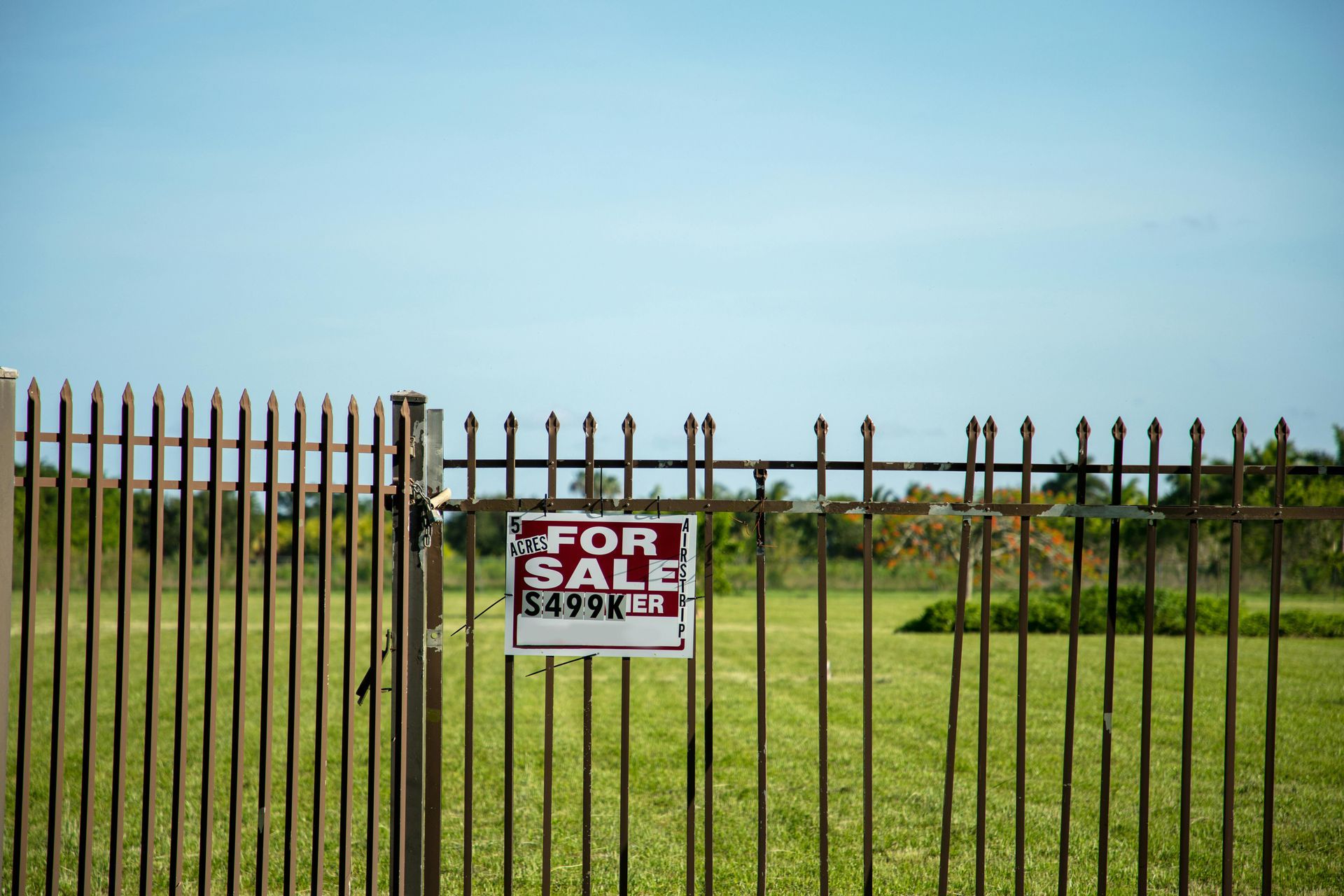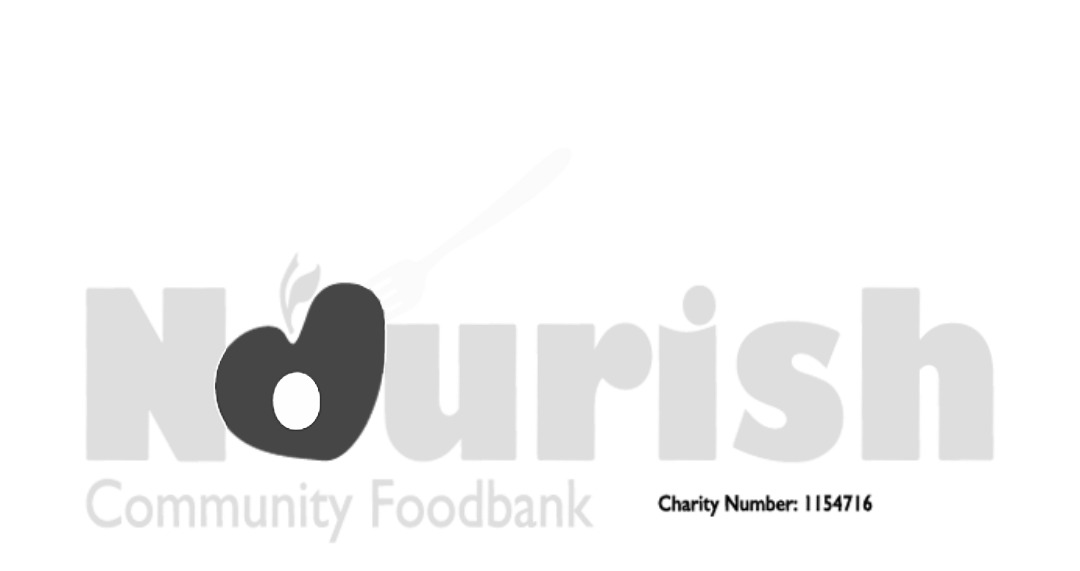VAT – Going, Going… Gove?
As the Conservative leadership contest heats up the major contenders have already made pledges on tax reforms; Boris raising the higher tax threshold to £80,000, Raab cutting basic rate of income tax from 20% to 15%, but perhaps the most interesting announcement came from Gove pledging to scrap VAT and replace it with a Sales Tax; now there’s some food for thought.
Value Added Tax (VAT) as we know it came into being in 1973 as a prerequisite of Britain joining the European Union and was a standard 10% rate on most goods and services. One cannot help but see the irony here as we are now leaving Union – perhaps that is the opportunity Gove is seeking to explore with his policy.
Before VAT we had The Purchase Tax which was actually implemented to reduce the wastage of raw materials in World War II. Both tax methods serve as a consumption tax whereby the tax is levied when the item or service is actually consumed. As opposed to Income and Corporation Tax which are directly applied to income or profit, it is an indirect tax and is payable by consumers no matter what their income is. The currently VAT rate is 20%. Once registered for VAT, businesses must apply VAT to sales invoices but can offset the VAT they have paid to suppliers. A quarterly report is then made to HMRC and the difference between the two is either paid or refunded. However, once a consumer buys any VATable item they will have to pay the VAT as, by definition, it is a consumption tax. Over the years VAT has become incredibly complicated with literally thousands of anomalies and this has also led to more complex reporting mechanisms which is an expensive burden on all businesses.
Gove claims that his Sales Tax will be lower and simpler. Rather than the business having to calculate the difference between the tax paid and suffered the 20% would only be applied when an item is finally sold to a consumer. That would certainly relieve the administrative burden on businesses however until more details are published we can only speculate how this would work in practice.
One further comment is that much of the complexity of VAT has come about with the notion of borderless trading in the EU. Each country has its own version of VAT, and at different rates, so to create a level playing field a way to standardise VAT was necessary. Understanding how to apply and report VAT for a business trading into Europe is a hard task as for every rule there is usually a number of exceptions. However, when we are no longer part of the European Union we will not be obliged to follow these rules so could have freedom to change to Gove’s proposed Sales Tax. However, other countries in Europe are not going to take to this favourably if it means the UK’s goods and services have an unfair trading advantage and it is likely that tariffs would be raised to once again level that playing field.
To summarise, UK VAT raises £140bn a year so any reform to such a big income raiser would be very risky if it wasn’t managed smoothly. There are also some serious implications regarding our exports to Europe. On the one hand a simplified system would be welcomed but would it work in practice? At this moment in time it is just a headline and there’s also another small issue . . . . . Gove would need to win the contest.
Will Gove get in or will it be “Gove-is-gone”, which would at least settle our stomachs after much food for thought!
Paula









